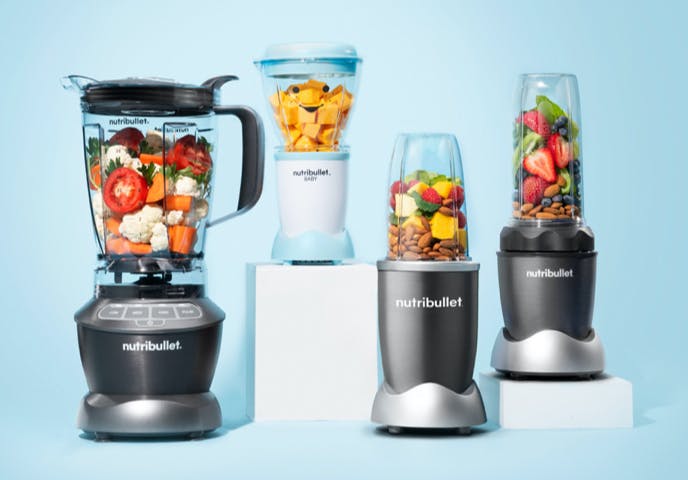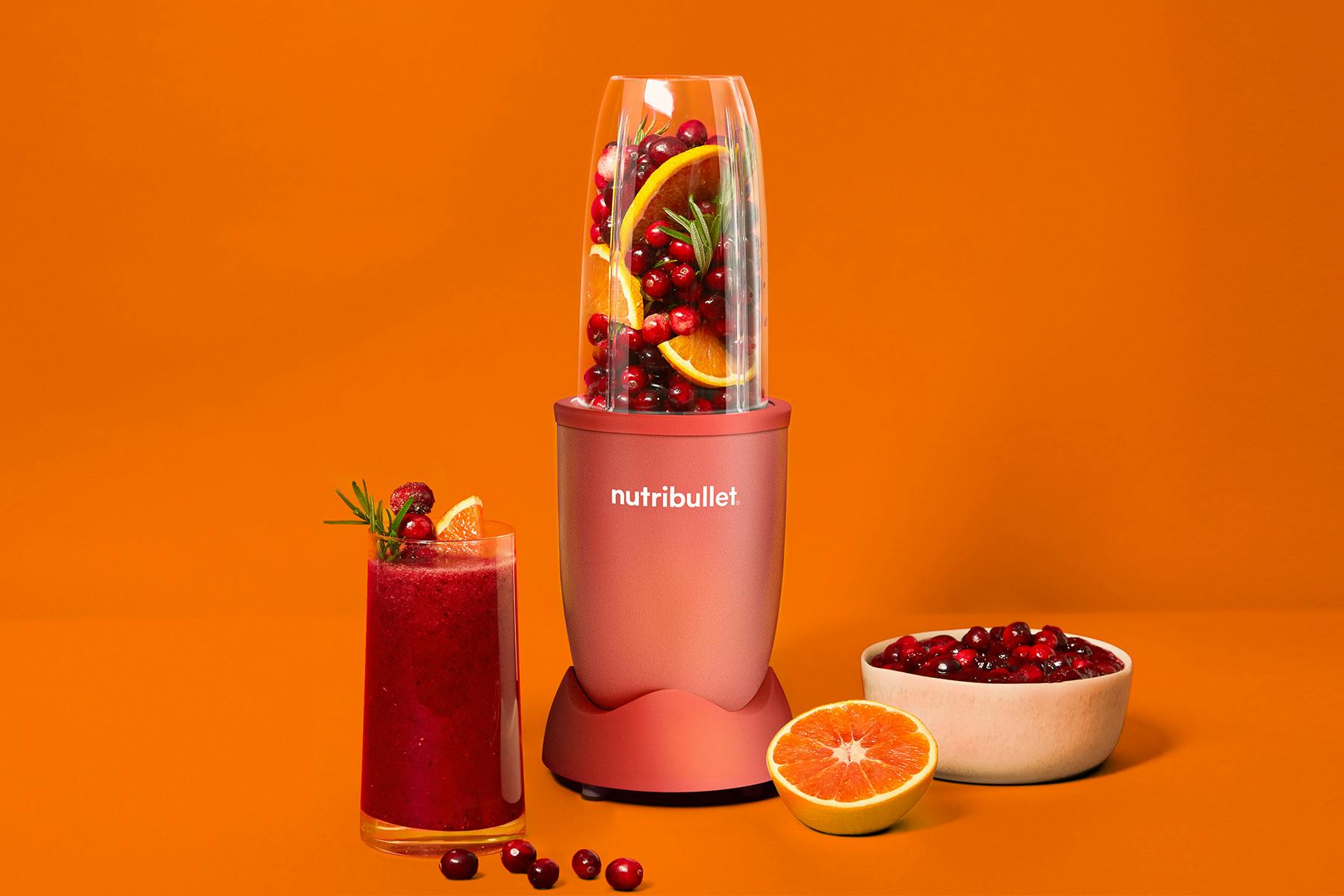How many vegetables does an average American meal contain? Answer: not nearly enough. While Americans have made efforts to increase whole grain intake and limit sugary sodas from their diets, many still struggle to consume the necessary amount of vegetables to provide their bodies with essential nutrients such as fiber, vitamins, and minerals.
A diet that’s rich in vegetables provides the body with Countless health benefits, from promoting healthy vision to preventing certain cancers. Most are low in fat and calories, making them ideal for healthy weight loss and weight management. Vegetables are also excellent sources of fiber, which may help reduce the risk of heart disease and type 2 diabetes. The United States Department of Agriculture recommends 2 to 3 cups of vegetables a day. The American Heart Association suggests filling at least half of your plate with vegetables during every meal to benefit from their wide range of nutrients, including potassium, folate, and vitamins A, C, and K.
According to a report from Centers for Disease Control and Prevention (CDC), however, only 13.1 percent of adults in America eat the daily recommended amount of vegetables. In fact, the most popular produces are potatoes and tomatoes – but that’s only because they’re being processed into greasy French fries and sugar-laden ketchup. With no nutritional value, overly processed and fried versions of what used to be healthy foods actually cause heart disease and type 2 diabetes, rather than prevent them. So why do people continue to choose processed foods, baked goods, and fried foods over vegetables when it’s clear which group offers the most benefits?
Dietitians and physicians have been looking into ways to help people increase produce intake for years. Unfortunately, people still gravitate towards fast and processed foods because they’re convenient and addictive, due to a deadly combination of sugar, fat, and salt. Unhealthy foods are also cheaper than whole foods like vegetables; a ready-to-eat donut, for example, can cost less than a bunch of raw kale. However, not eating enough vegetables will lead to serious health problems and major inconveniences.
No one wants to rely on medications to keep them going. In a Pilot Program that began in New York City, doctors found that when given the choice between pills and fresh produce, patients would often opt for the latter. The MDs would then write prescriptions for patients to purchase fresh produce at local farmers’ markets. Participants in this program reported higher consumption of fruits and vegetables, as well as a decrease in body mass index over the span of four months. While more research needs to be conducted on the program’s effectiveness with more participants over a longer period of time, it’s certainly a step in the right direction.
Don’t wait until it’s too late. By getting enough vegetables in your diet, you feed your body all the essential nutrients to help prevent diseases and keep your body in good health and shape. There are many different vegetables to choose from and even more way to prepare them to suit any palate, no matter how picky it is. They can be eaten raw, steamed, baked, and grilled. Salads are delicious options and a wonderful opportunity to explore what combination of veggies and flavors works best for your taste buds. There are also hundreds of smoothie recipes that make extracting nutrients from vegetables quick, easy and, most importantly, tasty.
If the cost of vegetables is an issue, there are many Resources that can help you eat healthy on a budget. Plan meals ahead of time to help you buy just the right amount of food and minimize waste. Shopping for seasonal foods at the farmers’ market or at your local grocery store not only saves you money, but it also gives you more bang for your buck because seasonal vegetables contain more nutrients and flavors than they do any other time of the year.
Vegetables work wonders for the body, so make small, healthy lifestyle changes today to squeeze in more of these nutrient-dense whole foods into your diet. Learn how to pick out the best produce and get creative with incorporating them into your meals every day. Over time, these small steps will evolve into lifelong habits that’ll ensure that you’re getting enough vegetables to keep your body in tip-top health.



















